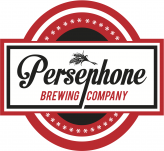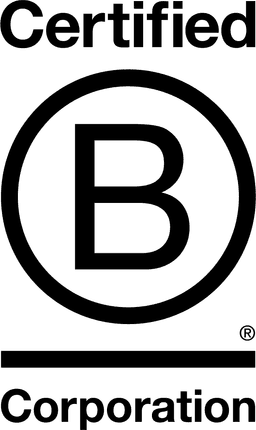

Persephone Brewing Company

1.6
British Columbia, Canada
April 2015
Beverages
Manufacturing
Canada
Persephone Brewing Company is located in picturesque Gibsons, BC. PBC grows hops, food, beer and community at what is lovingly known by the locals as The Beer Farm! Named for the goddess of spring bounty and the log salvage boat from CBC’s hit TV series The Beachcombers, Persephone operates an 11_acre farm and craft micro_brewery on BC's Sunshine Coast. Producing some of the finest craft beers, our "farmhouse" approach integrates onsite farming of hops and honey while sourcing BC grown and malted barley. Their brewery and farm is in part owned by the Sunshine Coast Association for Community Living (SCACL), a non-profit organization providing services for people with developmental disabilities, a number of whom work at the farm. Their annual fundraising events include the Tough Kegger adventure race and the Sunshine Coast Craft Beer Festival, great excuses to have fun and quaff some delicious brews for a good cause.
Overall B Impact Score
Governance 15.7
Governance evaluates a company's overall mission, engagement around its social/environmental impact, ethics, and transparency. This section also evaluates the ability of a company to protect their mission and formally consider stakeholders in decision making through their corporate structure (e.g. benefit corporation) or corporate governing documents.
What is this? A company with an Impact Business Model is intentionally designed to create a specific positive outcome for one of its stakeholders - such as workers, community, environment, or customers.
Workers 24.3
Workers evaluates a company’s contributions to its employees’ financial security, health & safety, wellness, career development, and engagement & satisfaction. In addition, this section recognizes business models designed to benefit workers, such as companies that are at least 40% owned by non-executive employees and those that have workforce development programs to support individuals with barriers to employment.
Community 17.6
Community evaluates a company’s engagement with and impact on the communities in which it operates, hires from, and sources from. Topics include diversity, equity & inclusion, economic impact, civic engagement, charitable giving, and supply chain management. In addition, this section recognizes business models that are designed to address specific community-oriented problems, such as poverty alleviation through fair trade sourcing or distribution via microenterprises, producer cooperative models, locally focused economic development, and formal charitable giving commitments.
Environment 31.7
Environment evaluates a company’s overall environmental management practices as well as its impact on the air, climate, water, land, and biodiversity. This includes the direct impact of a company’s operations and, when applicable its supply chain and distribution channels. This section also recognizes companies with environmentally innovative production processes and those that sell products or services that have a positive environmental impact. Some examples might include products and services that create renewable energy, reduce consumption or waste, conserve land or wildlife, provide less toxic alternatives to the market, or educate people about environmental problems.
What is this? A company with an Impact Business Model is intentionally designed to create a specific positive outcome for one of its stakeholders - such as workers, community, environment, or customers.
Customers 1.4
Customers evaluates a company’s stewardship of its customers through the quality of its products and services, ethical marketing, data privacy and security, and feedback channels. In addition, this section recognizes products or services that are designed to address a particular social problem for or through its customers, such as health or educational products, arts & media products, serving underserved customers/clients, and services that improve the social impact of other businesses or organizations.